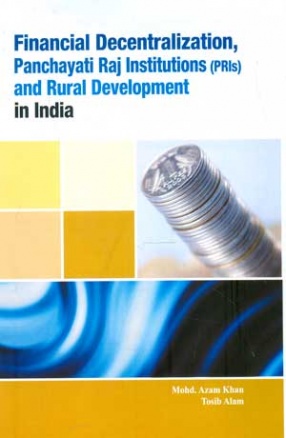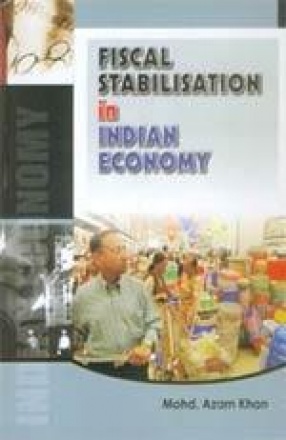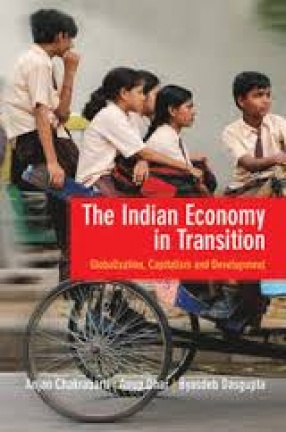The passage of the Constitution (Seventy-third Amendment) Act, 1992 marked a watershed in the history of modern India. With this amendment, a uniform structure of panchayats emerged throughout the country. Article 243G read with Eleventh Schedule of the Constitution explicitly requires the States to devolve powers and authority on panchayats which may be necessary to enable them to function as institutions of self-government. India's decentralisation initiative in the form of Seventy-third Amendment poses challenges and offers opportunities. Providing basic services at the grassroots level makes panchayats the primary interface of the citizensÕ interaction with the government. The principle of subsidiarity implies that matters are best handled by the least centralised competent authority. Following this, these institutions need to be adequately empowered-both functionally and financially-to enable them to fulfil the role envisaged for them in the Constitution.
Financial Decentralization, Panchayati Raj Institutions (PRIs) and Rural Development in India
In stock
Free & Quick Delivery Worldwide
reviews
Bibliographic information
Title
Financial Decentralization, Panchayati Raj Institutions (PRIs) and Rural Development in India
Author
Edition
1st ed.
Publisher
New Century Publications, 2011
ISBN
9788177082579
Length
186p., 24cm.
Subjects






There are no reviews yet.